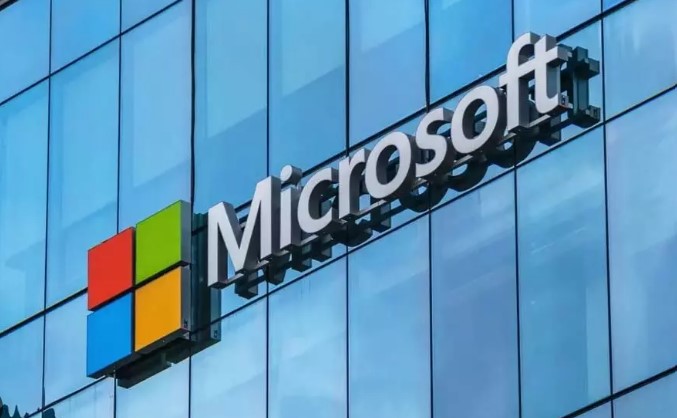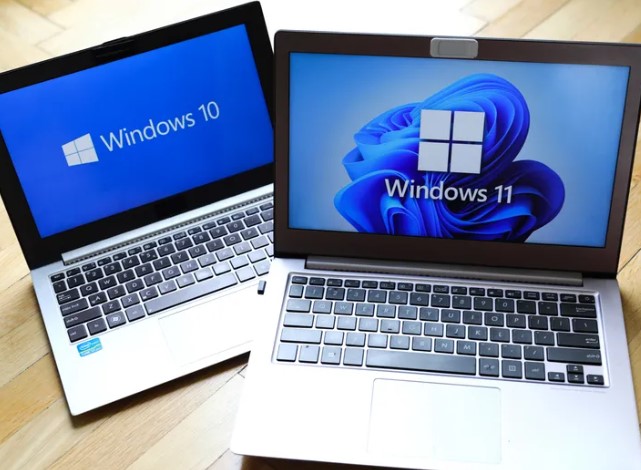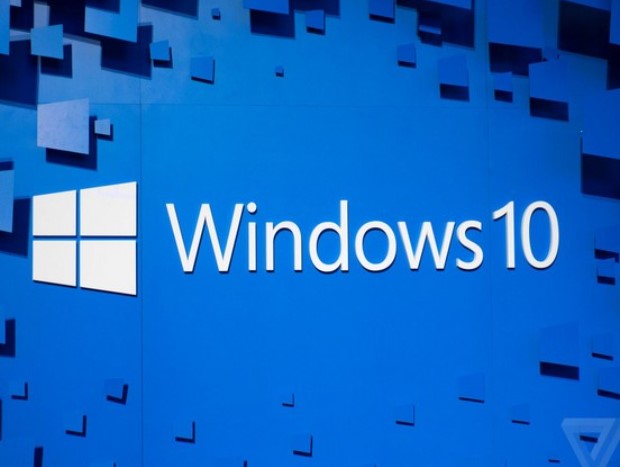
Microsoft’s Discontinuation of Windows 10 Support Threatens 240 Million PCs
Microsoft’s Power Move: The Disposal of 240 Million PCs as Windows 10 Support Comes to an End.
Potential Environmental Impact: Microsoft’s Windows 10 Support Phase-Out Could Generate 480 Million Kilograms of E-Waste, Equivalent to 320,000 Cars
Canalys Research warns that Microsoft’s decision to end support for the Windows 10 operating system may lead to the disposal of approximately 240 million personal computers (PCs), potentially contributing to landfill waste.
The resulting electronic waste from these PCs is estimated to weigh a staggering 480 million kilograms, equivalent to the weight of 320,000 cars.
While many PCs may remain functional for several years after the end of OS support, Canalys cautions that the demand for devices lacking security updates could be low. Microsoft has announced plans to offer security updates for Windows 10 devices until October 2028, with pricing details undisclosed.

This potential shift in the tech landscape raises concerns not just about the sheer volume of electronic waste but also about the environmental impact and sustainability. As the disposal of millions of PCs looms, environmentalists and waste management experts are emphasizing the importance of responsible e-waste management.
The estimated 480 million kilograms of electronic waste, equivalent to the weight of 320,000 cars, underscores the need for innovative recycling and disposal solutions. Recycling initiatives that extract valuable materials from discarded PCs can contribute to a more sustainable approach.
Microsoft’s offer of security updates until October 2028, albeit with undisclosed pricing, introduces a financial aspect to the equation. The decision-making process for consumers and businesses contemplating the transition to newer PCs must consider both cost-effectiveness and environmental responsibility.
The anticipated advancements in artificial intelligence technology with the next generation of the operating system add a layer of complexity to this tech transition. While it holds the promise of rejuvenating the PC market, the environmental footprint of the transition remains a crucial consideration.
As the tech industry evolves, it is imperative to strike a balance between innovation, economic considerations, and ecological responsibility. Sustainable practices in the management of electronic waste will be pivotal in mitigating the potential environmental fallout of significant shifts in technology support and usage.

Canalys suggests that if the pricing structure for extended Windows 10 support follows past trends, transitioning to newer PCs could be more cost-effective, potentially leading to an increase in the number of older PCs being discarded.
Microsoft’s goal is to discontinue support for Windows 10 by October 2025, with the anticipation that the next generation of the operating system, expected to introduce advanced artificial intelligence technology to PCs, could rejuvenate the sluggish PC market.
Microsoft has not provided immediate comments on the environmental impact of disposing of Windows 11-incompatible devices.
Hard drives from personal computers and data storage servers are often recycled to extract materials for use in electric vehicle motors and renewable power generation. Noveon Magnetics Chief Commercial Officer Peter Afiuny emphasizes the potential of repurposing end-of-life computers to power sustainable technologies, such as electric vehicles and wind turbines, to meet the rising global demand for electricity.
Afiuny notes that hard drives are frequently discarded before reaching the end of their functional lifespan, resulting in excess rare earth magnetic material waste.
Redwood Materials, a battery recycling firm, highlights that batteries can be nearly infinitely recycled to recover metals like lithium, cobalt, nickel, and copper.”
Canalys Research has indicated that Microsoft’s decision to terminate support for the Windows 10 operating system may lead to the disposal of around 240 million personal computers (PCs), potentially contributing to landfill waste.
The resulting electronic waste from these PCs is estimated to weigh approximately 480 million kilograms, equivalent to the weight of 320,000 cars.
Despite the potential functionality of many PCs for years after the end of OS support, Canalys has cautioned that the demand for devices lacking security updates could be low. Microsoft has announced plans to offer security updates for Windows 10 devices until October 2028, with the annual pricing undisclosed.
Canalys suggests that if the pricing structure for extended Windows 10 support follows past trends, transitioning to newer PCs could be more cost-effective, potentially increasing the number of older PCs heading to the scrap.
Microsoft’s goal is to discontinue support for Windows 10 by October 2025, anticipating that the next generation of the OS, expected to introduce advanced artificial intelligence technology to PCs, could potentially revitalize the sluggish PC market.
For the latest updates-click here


